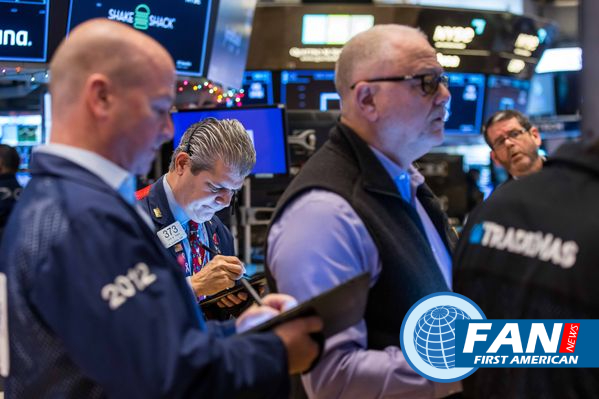Markets
The Stock Market Has Fallen Despite Low Unemployment Report
The November jobs report just came out, and the stock market is crashing. The report beat expectations, but this does not support the recent case that the Fed can slow the pace of interest rate hikes.
S&P 500 futures are down 1.6%, Dow Jones Industrial Average futures are down 418 points, or 1.2%, and Nasdaq Composite futures are down 2.3%.
Tim Holland, chief investment officer at Orion Advisor Solutions, said the jobs report is good news for working Americans but terrible news for risky assets in the near term, as it supports aggressive monetary policy by the Fed.
The Economist Epaper Digital 3-Year Subscription
Approximately 200,000 jobs were expected to be added in the month of, according to the report, the United States added 263,000 jobs in November. Wages grew 5.1% year-over-year, up from 4.7% last month.
Inflation is already falling, but to fall to the Fed’s target of 2% there is still a long way to go, with the results of the report it is revealed that the labor market is stronger than expected, this could mean that the demand economy is stronger than Wall Street thought.
This highlights the likelihood that the Federal Reserve will raise the fed funds rate by three-quarters of a percentage point this month. By reducing economic demand with higher interest rates, we curb inflation. Earlier, the Fed chair said they might slow the pace of rate hikes, but this jobs report does nothing to confirm that.
Get 5-years of Bloomberg News and The Wall Street Journal.
This latest report gave us data that if the Fed wants to be more aggressive in raising interest rates, it can, as the job market is still strong, AvaTrade’s Naeem Aslam wrote.
That possibility is appearing in the federal funds futures market. It is trading at a 70% chance of a half-point rise, down from 78% on Thursday.
The two-year Treasury yield, a barometer of federal funds rate expectations rose to 4.342% from just under 4.2% before the jobs report.
The number of salaries was too high, creating a market problem. More jobs were created than anticipated, but it was still the middle of August. Due to the absence of workers, wages tend to rise. Companies tend to raise prices to protect their profits, keeping inflation high.
Peter Boockvar, chief investment officer at Bleakley Advisory Group, said rising wages are driving the market chaos.
Get 2 Years of The Wall Street Journal Print Subscription for $480
Still, on the bright side, the two-year yield is missing its multi-year high of 4.7%.
Considering this, the market fall on Friday does not look so bad. The S&P 500 is still up more than 12% from its lowest close of the year. In general, the market remains confident that the Fed will reduce the pace of rate hikes. The most recent jobs data doesn’t help to be confident about this; the markets have to reflect some probability that they are wrong.









